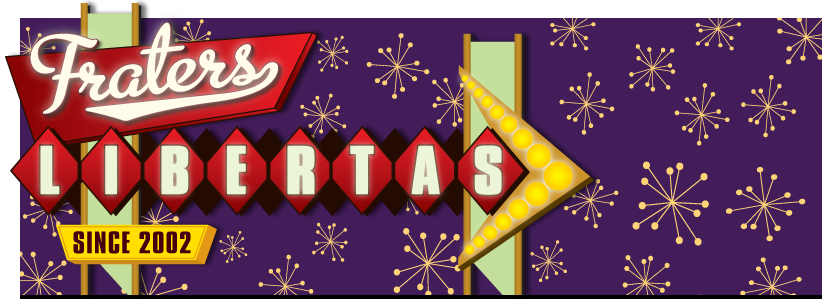rac·on·teur:
noun, plural rac·on·teurs
a person who is skilled in relating stories and anecdotes interestingly.
There are many words that one could use to describe writer Mark Yost (some of them actually not obscene), but raconteur is probably the one that comes to mind first. From his work on the business of sports to his Nick Mattera series of thrillers to the new Rick Crane noir, Mark covers the base and does so with style and flair.
His latest effort is to serve as a virtual tour guide for World War One's Western Front at a blog called The Western Front in a Week:
His latest effort is to serve as a virtual tour guide for World War One's Western Front at a blog called The Western Front in a Week:
As many of you know, I am an avid World War I historian.
I lived in Brussels for three years, writing for The Wall Street Journal. I have visited most of the battlefields, monuments, cemeteries and museums related to what most Europeans still call “The Great War.” Along the way, I’ve written numerous articles over the years for The Wall Street Journal and other publications.
August 2014 marks the 100th anniversary of what many consider the major events that actually began the 20th century. Over the next four years, more people than ever before (hopefully) will be visiting the Menin Gate in Ypres, the British memorial at Thiepval on The Somme, and the Ossuary at Verdun.
Given all the renewed interest in World War I, I am offering my expertise. I can guide your tour across France and Belgium. I can help you plan your self-guided tour to make sure you visit the most informative museums, most moving monuments, and most haunting cemeteries. And, I am available to speak to your book club, luncheon group, or professional meeting.
World War I is an oft-forgot piece of history, overshadowed by World War II and other events. I hope that changes with the advent of the 100th anniversary.
In short, I’m here to increase your knowledge of World War I and make your trip to the Western Front enjoyable and informative, in whatever way I can.
Over the course of the next four years, I will be commenting here on the anniversary of important battles, republishing my articles past, present and future from The Wall Street Journal, and curating what I hope you will find to be a lively and engaging discussion on World War I.
Our boys will be studying World War One next year as part of their home school curriculum. At this point, requests to have Mark swing by for personal tutoring have not been responded to. Check out Mark's new blog anyway and his other writing. It's all good stuff.
I lived in Brussels for three years, writing for The Wall Street Journal. I have visited most of the battlefields, monuments, cemeteries and museums related to what most Europeans still call “The Great War.” Along the way, I’ve written numerous articles over the years for The Wall Street Journal and other publications.
August 2014 marks the 100th anniversary of what many consider the major events that actually began the 20th century. Over the next four years, more people than ever before (hopefully) will be visiting the Menin Gate in Ypres, the British memorial at Thiepval on The Somme, and the Ossuary at Verdun.
Given all the renewed interest in World War I, I am offering my expertise. I can guide your tour across France and Belgium. I can help you plan your self-guided tour to make sure you visit the most informative museums, most moving monuments, and most haunting cemeteries. And, I am available to speak to your book club, luncheon group, or professional meeting.
World War I is an oft-forgot piece of history, overshadowed by World War II and other events. I hope that changes with the advent of the 100th anniversary.
In short, I’m here to increase your knowledge of World War I and make your trip to the Western Front enjoyable and informative, in whatever way I can.
Over the course of the next four years, I will be commenting here on the anniversary of important battles, republishing my articles past, present and future from The Wall Street Journal, and curating what I hope you will find to be a lively and engaging discussion on World War I.
Our boys will be studying World War One next year as part of their home school curriculum. At this point, requests to have Mark swing by for personal tutoring have not been responded to. Check out Mark's new blog anyway and his other writing. It's all good stuff.





